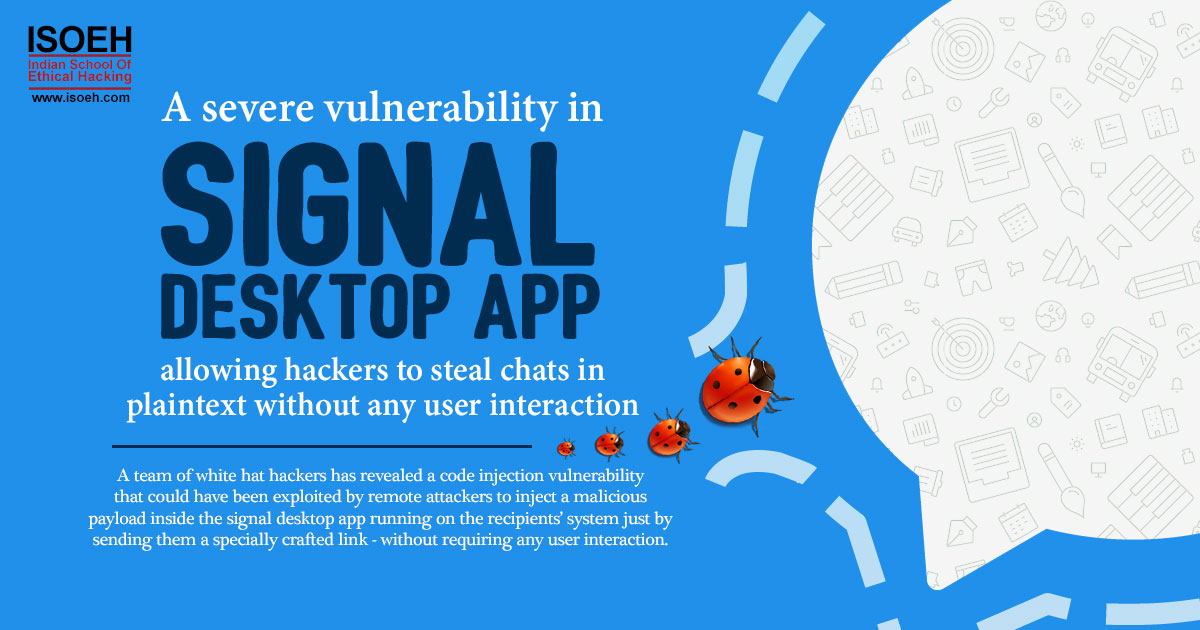
In the digital era, where network security is paramount, automating security tasks is not just beneficial—it's essential. Ansible, an open-source automation tool, stands out as a pivotal technology for streamlining network security operations. This blog explores how Ansible can be used to automate crucial network security tasks, enhancing efficiency and bolstering security postures.
Introduction to Ansible in Network Security
Ansible is a powerful tool designed to automate software provisioning, configuration management, and application deployment. Its simplicity and flexibility make it a favorite among network administrators and security professionals. In the context of network security, Ansible automates repetitive tasks, enforces consistent network policies, and reduces the potential for human error—all crucial for maintaining a robust security framework.
Streamlining Security Configurations and Compliance
Consistent Configuration Management
One of Ansible's core strengths is its ability to manage configurations across a wide range of devices in an IT environment. By automating the configuration of firewalls, routers, and switches, Ansible ensures that all network devices adhere to the organization's security policies. This uniformity is crucial for preventing security breaches that can occur due to misconfigured devices.
Compliance at Scale
Ansible plays a vital role in maintaining compliance with industry standards and regulations such as PCI-DSS, HIPAA, or GDPR. By automating the deployment of compliant configurations to all network devices, Ansible helps organizations avoid costly penalties associated with non-compliance and enhances security measures.
Automating Security Patches and Updates
Regular updates and patches are vital for securing network systems against vulnerabilities. Ansible automates this process, ensuring that all devices are updated simultaneously without manual intervention. This uniform update process is essential for closing security loopholes and protecting against the latest threats without disrupting the network's operational integrity.
Intrusion Detection and Incident Response
Quick Response to Threats
With Ansible, network security teams can quickly deploy intrusion detection systems (IDS) across the network and automate responses to detected threats. Ansible can be configured to automatically update security rules and policies across the network, reducing the window of opportunity for attackers.
Streamlined Incident Handling
When a security incident occurs, time is of the essence. Ansible automates several aspects of incident response, from isolating affected systems to gathering forensic data and applying security patches. This automation not only speeds up response times but also ensures that each step is performed accurately and consistently.
Secure Secrets Management with Ansible Vault
Managing sensitive information such as passwords, private keys, and API tokens is critical. Ansible Vault is a feature within Ansible that encrypts sensitive data, allowing it to be stored securely within your Ansible playbooks. This ensures that security credentials are handled securely and reduces the risk of data breaches.
Best Practices for Implementing Ansible in Network Security
Implementing Ansible for network security requires careful planning and adherence to best practices:
Role-Based Access Control: Implement strict role-based access controls within Ansible to ensure that only authorized users can make changes to the network configurations.
Regular Audits and Reviews: Regularly audit and review Ansible scripts and playbooks to ensure they adhere to security policies and are free from errors.
Continuous Integration/Continuous Deployment (CI/CD): Integrate Ansible with CI/CD pipelines to ensure that all changes are tested and reviewed before being deployed to production environments.
Conclusion: Elevating Network Security with Ansible
Ansible's capability to automate complex network operations and enforce security policies consistently across diverse environments makes it an indispensable tool for today's network security challenges. By embracing Ansible, organizations can enhance their security posture, reduce human error, and respond more swiftly to security threats.
For those looking to deepen their understanding of network security automation, subscribing to our blog will provide continuous insights and updates on leveraging technologies like Ansible to secure digital assets effectively. Join us in transforming network security operations with automation!
Hacking Tools
Explore All Hacking Tools »
UFTP is an encrypted multicast file transfer program for secure, reliable & efficient transfer of files. It also helps in data distribution over a satellite link.
Read DetailsBreaking News
Breaking News Of Each Month »
The recent pandemic was unexpected and unknown to most part of the world. It has changed our life and we are slowly adapting to our new lifestyle. The risks associated with the new lifestyle, both personal & corporate, are unknown to most of us.
Read Details















